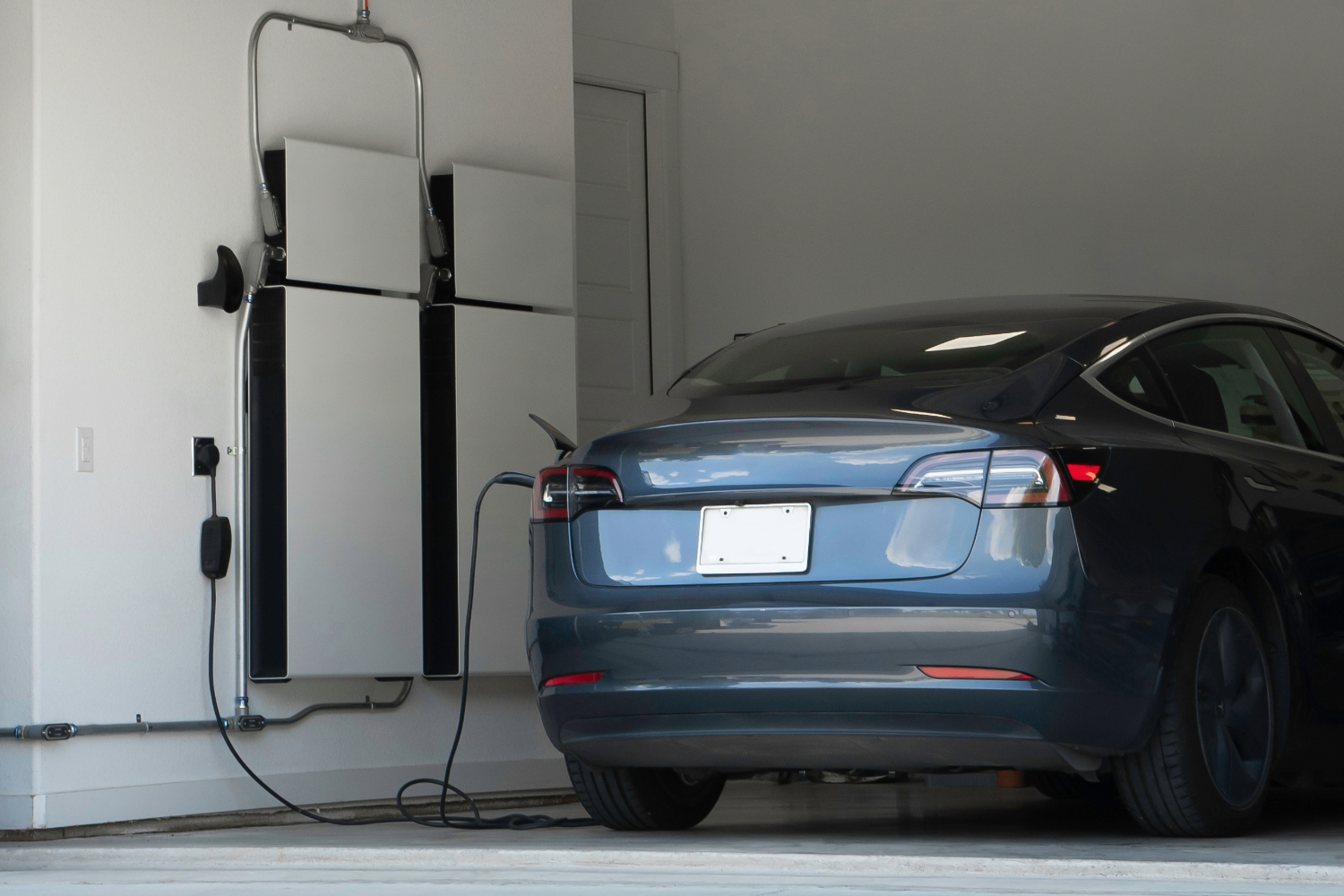
With the growing trend of electric vehicles (EVs), many homeowners are considering the addition of an EV charging station to their property. Whether you're a new EV owner or planning to purchase one soon, understanding the options available for home charging is crucial.
In this blog, we walk you through essential factors to consider when selecting an electric vehicle (EV) charging station, empowering you to make a well-informed decision.
EV charging stations, or Electric Vehicle Supply Equipment (EVSE), come in various types, each offering different charging speeds and features. The most common types of EV charging stations for residential use are known as Level 1 and Level 2 chargers. Understanding how these chargers work and their suitability for your needs is the first step in making the right choice.
Level 1 chargers are the most basic type of EV charger and are typically included with your EV purchase. They can be plugged into a standard 120-volt household electrical outlet. Level 1 chargers are ideal for overnight charging, offering a slower charge rate — generally adding about 3 to 5 miles of driving range per hour of charging. If your daily driving distance is relatively short, a Level 1 charger might be sufficient for your needs.
Level 2 chargers, on the other hand, require a 240-volt electrical supply, similar to those used by large appliances like dryers. They offer a significantly faster charging rate, typically providing about 12 to 80 miles of driving range per hour of charging. If you have a longer commute or use your electric vehicle more frequently, a Level 2 charger is a more practical and time-saving option.
Installing a home EV charging station offers several advantages:
Choosing between a Level 1 and Level 2 EV charger involves considering several factors specific to your lifestyle and home setup. Here’s what you should think about when deciding:
If your daily EV use is minimal, a Level 1 charger might suffice, but for longer daily drives, consider the faster charging Level 2 option.
Level 1 chargers tend to take anywhere from 11-20 hours for a full charge, depending on the battery range of the vehicle. On the other hand, a level 2 charger only requires 3-8 hours for a full charge, depending on the battery range of the EV.
Ensure your EV is compatible with the charger type, as some models charge faster with, or may even require a Level 2 charger.
Check to see if your home’s electrical system can support a Level 2 charger, which requires a 240-volt outlet, unlike the Level 1 charger.
Assess your available space, as Level 2 chargers typically need a dedicated area for installation, whereas Level 1 chargers are more flexible, as they can be powered by any standard 120-volt outlet.
Balance your budget with your needs; Level 1 chargers are generally more affordable in terms of installation and energy usage, but Level 2 chargers offer faster charging despite a higher upfront and long-term cost.
Consider what future EVs may require in terms of charging capabilities, or any shifts in driving needs that may occur, as investing in a Level 2 charger now might be more beneficial in the long run.
If you're in Austin and considering adding an EV charging station to your home, Stan's team of experts is here to help. We offer comprehensive installation services for both Level 1 and Level 2 chargers so that you can rest easy knowing your charging setup is safe, efficient, and tailored to your specific needs.
Ready to power up your EV experience? Contact Stan’s today to schedule your residential EV charger installation. Our skilled technicians are here to provide you with top-notch service and a seamless installation so that you can transition to electric vehicle ownership as smoothly as possible.